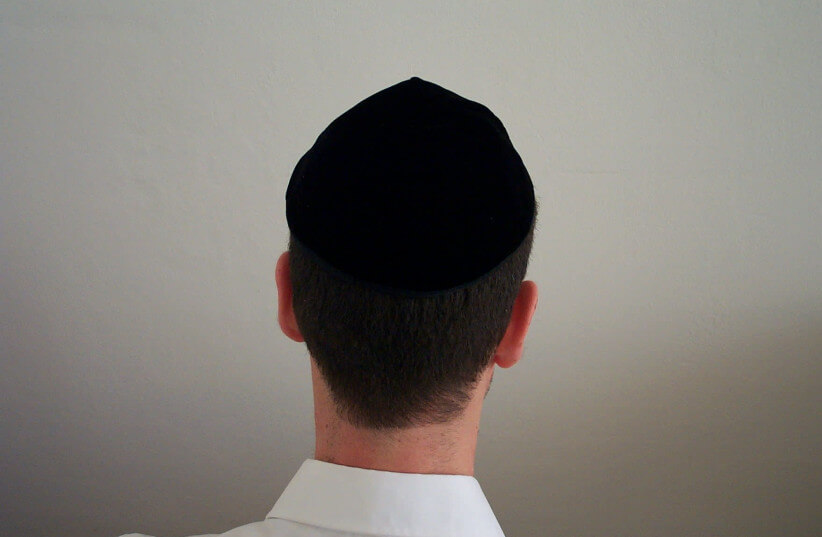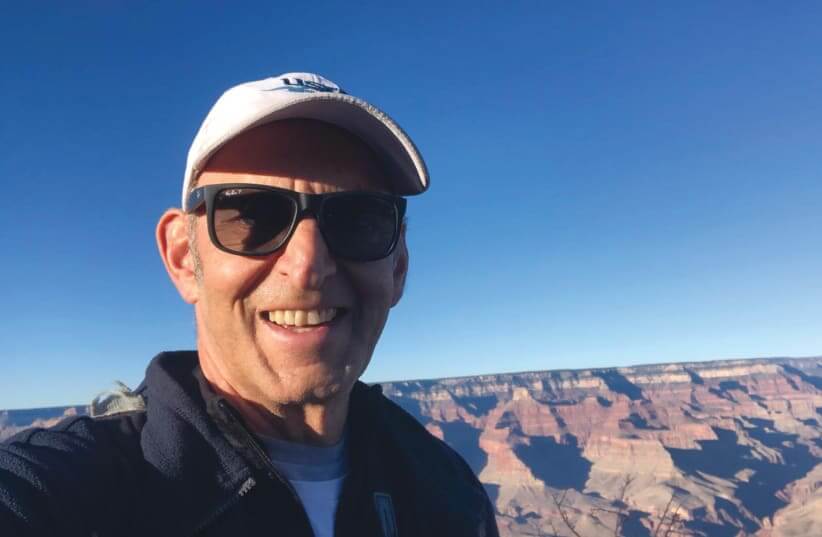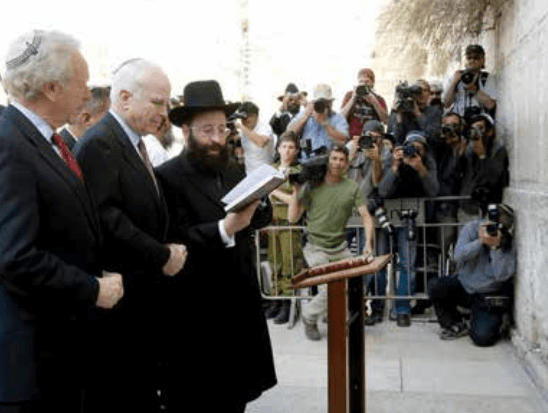The original article is published at JPost.com
After wearing a kippah almost nonstop for decades, I have decided in the wake of October 7 to not walk outside in America wearing a kippah.
As part of my 40-year-plus career as a Jewish camping professional, I have gotten to spend dozens of summers at Ramah camps. There are many pluses – beautiful Shabbatot, having my own children in camp, tennis courts 50 feet from my bunk ,and not having to cook all summer are just a few of the reasons.
Having to visit my physician each year and explain why I need him to complete and sign my camp medical form isn’t one of them!
Fortunately, the doctor, a guy around my age, is a good sport and the conversations during the visit are quite pleasant.
My doctor is white and Jewish, while his two partners in their downtown New Haven, Connecticut, practice are Indian and black men.
Last month, I had my yearly checkup. As I was finishing up my EKG and blood pressure screening with the 30-something black female technician I have known for years, she asked, “Don’t you usually wear a small hat on your head?”

A man wears a black kippah. (credit: Wikimedia Commons)
I paused then quickly realized she was referring to the knitted kippah she usually sees me wear to appointments.
I said, “You have a good memory. I usually wear a yarmulke on my head. To tell you the truth, these days, I really don’t feel safe. I have been wearing a baseball hat.” (I point to my gray USTA tennis hat).
I didn’t go into all the details – the arrest of 48 pro-Palestinian protesters at their encampment on the Yale University campus less than a mile from the doctor’s office, the overall rise in antisemitism in America, and so on.
She considers my response and thoughtfully replies, “You are not yourself without it.”
In my pocket and out of sight
She has me put on a hospital gown and she ushers me to the exam room. I carry my shoes, clothes, and my hat in my hand. My kippah remains in my pocket, out of sight.
She weighs me and asks a range of questions about things like depression symptoms. I am not depressed so I deny any symptoms. Sure, she would not be able to truly understand how I and everyone I know have actually been dealing with symptoms of depression and especially anxiety since October 7.
As she is about to leave the room and invite the doctor in, she smiles warmly and says, “You look good in it. You really should start wearing it again!”
I so appreciated her comments and heartfelt concern. I am sure on some level she truly understands what it means to look different and to stand out. Unlike her, I can take off my kippah and “blend in” to feel safe. For a moment, I am putting myself in her shoes. But for now, she is asking about me.
After wearing a kippah almost nonstop for decades, I have decided in the wake of October 7 to not walk outside in America wearing a kippah. I am also careful not to go outside wearing any of my 50 Ramah hats, jackets, sweatshirts, and vests, which have Hebrew on them.
This is eating me up. What a relief it was to go back to wearing a kippah full-time during two recent trips to Israel. For now, in America, I only wear a baseball hat and stay away from Hebrew clothing.
We have made other tough decisions. While our Jewish community was giving out “I Stand with Israel” signs to display on the front lawn, we opted not to – out of concern for our safety. This is not to say that local antisemites won’t come down our street looking for mezuzot or Shabbat candles kindled in the window, or lights left on for 25 hours for Shabbat.
I have always been a proud, comfortable Jew in America who never thought twice about displaying Jewish signs – on my home or person.
These times are different.
Before last Sunday’s “March for a Free Palestine” on the New Haven Green, the Jewish Federation of Greater New Haven reminded the Jewish community to avoid the area. Gail Slossberg, the CEO of the Jewish Federation wrote, “If you are downtown at that time, please have situational awareness. Do not engage with protesters.”
I was not in the area. And sadly, I am always wearing a baseball hat – with no Hebrew writing.
The writer is a disabilities inclusion specialist and freelance writer living in New Haven, Connecticut.


